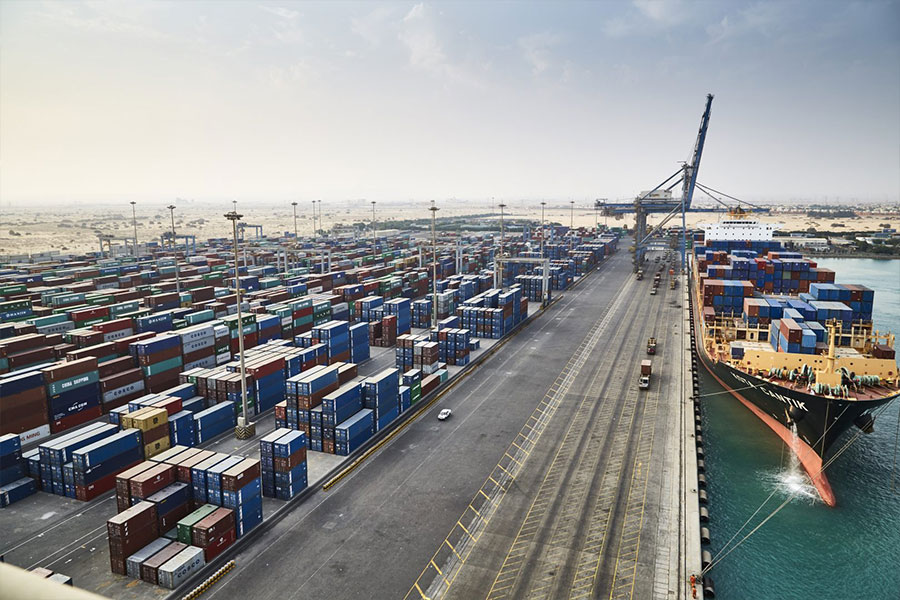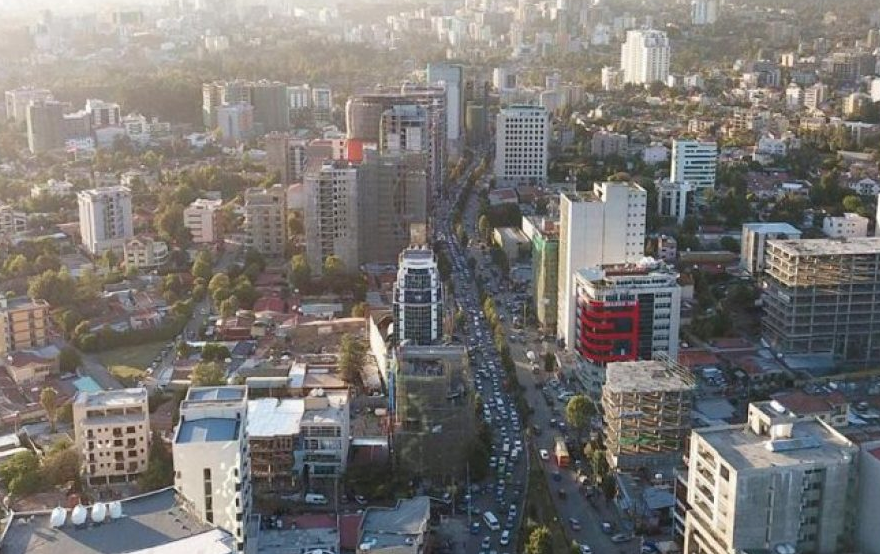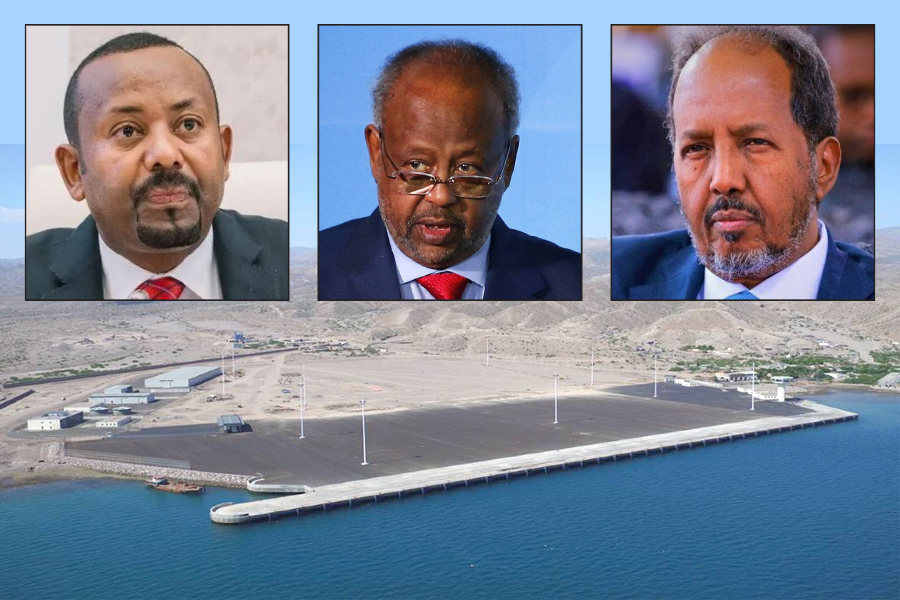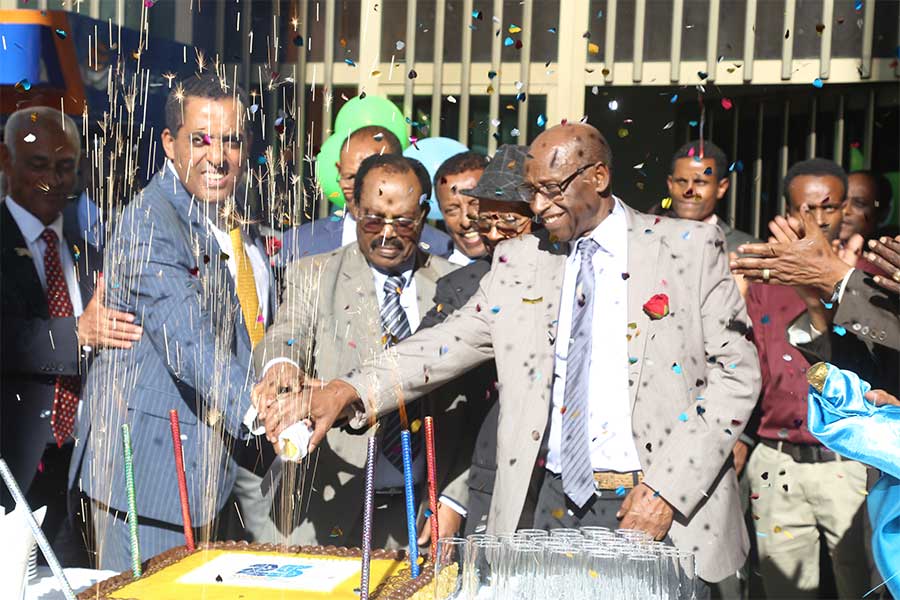
As Ethiopia emerges from one of the deadliest conflicts in recent history, the country faces the formidable challenge of demobilizing and reintegrating a quarter of a million former combatants at the cost of nearly 29.7 billion Br. This will be Ethiopia's most expensive post-war rehabilitation program, eclipsing previous efforts in the 1990s.
The disarmament, demobilization, and reintegration process (DDR) will involve ex-combatants from various regional states, including Tigray, Amhara, Afar, Oromia, Benishangul-Gumuz, Gambella, and Southern Nations. Ethiopia's National Rehabilitation Commission (NRC) will oversee the program, which is expected to cost twice as much per ex-combatant as the DDR following the Ethiopia-Eritrea war in the late 1990s.
International assistance will be crucial to financing the ambitious project, as Ethiopia faces a high debt-to-GDP ratio of nearly 23pc and a foreign exchange squeeze. The federal government is expected to cover one-fourth of the budget, with the balance coming from bilateral partners, the UN, EU and multilateral financial institutions.
The Commission, established four months ago for a two-year period, is led by Teshome Toga, a former ambassador and once speaker of Parliament. The first meeting between the Commission and development partners took place three weeks ago in Meqelle, Tigray Regional State, followed by a follow-up meeting in Addis Abeba last week.
A joint statement by the Commission, UNDP, and Ministry of Finance announced further consultations in Bahir Dar and Semera cities, in Amhara and Afar regional states, which were also affected by the war. While the peace agreement stipulated a rapid demobilization period of 30 days without foreign assistance, Ethiopia's financial challenges made domestic financing unrealistic.
The Ministry of Finance had previously estimated that up to 20 billion Br would be required to reconstruct the war-stricken regions.
The accelerated implementation Pretoria Accord and Nairobi Declaration has been praised by international observers. The appointment of Getachew Reda as the head of the interim regional government of Tigray Regional State and the delisting of the TPLF from designation as a terrorist organization by Parliamentarians is seen by donors as Ethiopia's commitment to upholding the peace deal.
Disarmament and demobilization processes have been carried out globally by the UN Department for Peace-Keeping Operations (DPKO), the UN Development Programme (UNDP), and the World Bank, with 73 implementations since their inception in the 1970s. Ethiopia has twice before undertaken successful post-conflict harmonization efforts.
The recent conflict in Ethiopia, which claimed an estimated a million lives, highlighted the importance of a comprehensive DDR program for long-term peace and stability.
Yonas Adaye (PhD), an associate professor of Peace Studies, argues that Ethiopia must learn from its own and international experiences to ensure the success of the new initiative.
One key lesson, according to Yonas, is the need to separate political affiliations from military allegiance, as was done following the fall of the DERG regime. He emphasized the importance of treating ex-combatants with dignity and respect during the DDR process.
Yonas also noted that the "monopoly of violence [by the state] is important in preventing the creation of a state within a state," making DDR programs crucial to post-conflict peace. A successful DDR program, he argued, must be supported by unified political will and should not be compromised by donations or the involvement of non-political actors.
One of the nine lessons an internal UN document listed includes that "successful DDR is only possible in an inclusive political process." It asserted "peace and stability" as a vital strategy for government activities.
Yonas suggested that coordinating development projects alongside DDR efforts and addressing the psychological trauma of combatants will increase the likelihood of success.
As Ethiopia embarks on the latest DDR program, the government and international partners struggle to draw on past experiences and lessons learned from past and global contexts.
Ethiopia's two previous DDR programs offer important insights into the current effort. The first, a 198 million-dollar project following the fall of the Derg regime 32 years ago, demobilized half a million soldiers but faced challenges in reintegrating them, particularly in urban areas. A study by Tufts University in 2016 found that combatants returning to rural areas fared better, while those in cities needed food rations, pocket money, employment support, and technical assistance.
The second DDR attempt, a 174 million-dollar effort over five years following the conflict with Eritrea, demobilised and reintegrated nearly 150,000 former combatants into civilian life. Both programs, despite their mixed results, relied heavily on funds from foreign financiers, with the World Bank accounting for 97pc of the financing in the second DDR program. Several studies suggest that properly implementing a DDR program requires orientation towards clear objectives, centralization of parties to the conflict (rather than loosely associated coalitions), and an inclusive political process.
The experiences of former soldiers from previous DDR efforts provide a perspective on the challenges faced during demobilization and reintegration. A former soldier during the military regime, speaking anonymously, recalled feeling abandoned after demobilization. A security personnel in his early 60s, he believes "a soldier fights for his country, not any one government."
"In that, there is solace," he said.
However, the struggles faced by many of his comrades post-demobilization still cause him pain.
PUBLISHED ON
Mar 25,2023 [ VOL
23 , NO
1195]

Fortune News | Aug 21,2023

Radar | Nov 14,2020

Fortune News | May 31,2020

Featured | Sep 09,2019

Fortune News | Sep 01,2024

Fortune News | Jun 26,2021

Life Matters | Jan 21,2023

Fortune News | Apr 25,2020

Radar | Jan 16,2021


Dec 22 , 2024 . By TIZITA SHEWAFERAW
Charged with transforming colossal state-owned enterprises into modern and competitiv...

Aug 18 , 2024 . By AKSAH ITALO
Although predictable Yonas Zerihun's job in the ride-hailing service is not immune to...

Jul 28 , 2024 . By TIZITA SHEWAFERAW
Unhabitual, perhaps too many, Samuel Gebreyohannes, 38, used to occasionally enjoy a couple of beers at breakfast. However, he recently swit...

Jul 13 , 2024 . By AKSAH ITALO
Investors who rely on tractors, trucks, and field vehicles for commuting, transporting commodities, and f...

Jun 28 , 2025
Meseret Damtie, the assertive auditor general, has never been shy about naming names...

Jun 21 , 2025
A well-worn adage says, “Budget is not destiny, but it is direction.” Examining t...

Jun 14 , 2025
Yet again, the Horn of Africa is bracing for trouble. A region already frayed by wars...

Jun 7 , 2025
Few promises shine brighter in Addis Abeba than the pledge of a roof for every family...